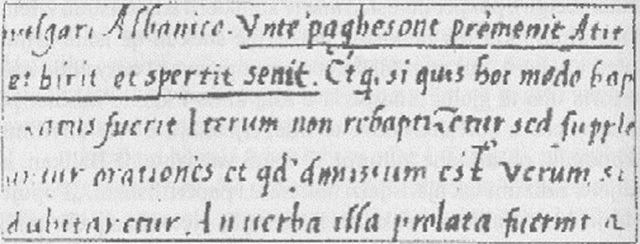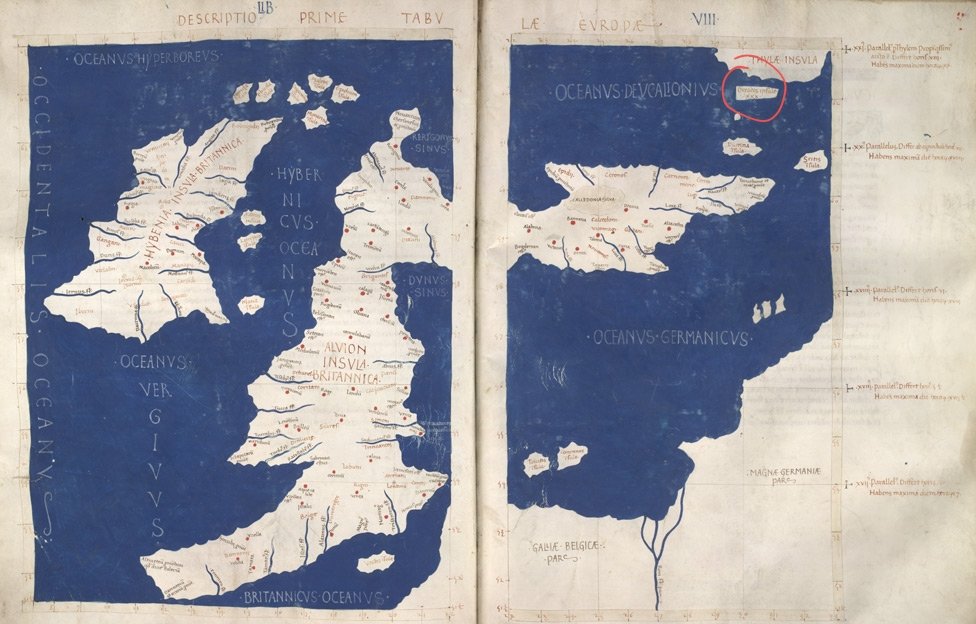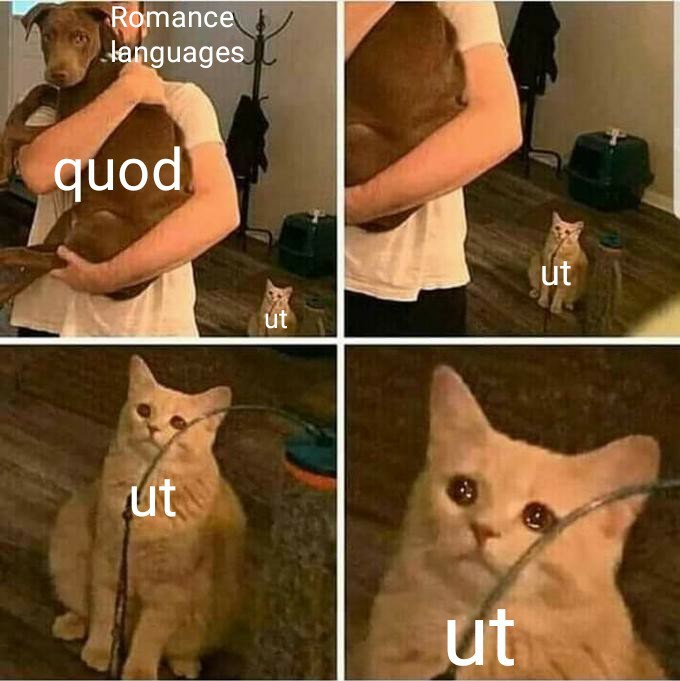
Linguist, writer, broadcaster. PhD in very old languages. ČR/UK. Get my book 'Why Q Needs U' here: https://t.co/4IUAyOegl9. Inquiries: jaime@jpmarshall.co.uk
How to get URL link on X (Twitter) App


 'Lexical/functional' are vague terms, so to clarify: lexical words that those that refer to something in the world - things, actions, properties. They're 'meaningful'.
'Lexical/functional' are vague terms, so to clarify: lexical words that those that refer to something in the world - things, actions, properties. They're 'meaningful'.
 The formula reads:
The formula reads:

 The word as it looks today is a combination of ork- 'pig' (which Old Norse speakers reinterpreted as orkn 'seal') and Old Norse eyjar 'islands'.
The word as it looks today is a combination of ork- 'pig' (which Old Norse speakers reinterpreted as orkn 'seal') and Old Norse eyjar 'islands'.
https://twitter.com/DannyBate4/status/1308343490363953153The usual name used for the letter ϝ is 'digamma', so called because it looks like two gammas put together.


 One big difference between Latin and the Romance languages is how they connect clauses together.
One big difference between Latin and the Romance languages is how they connect clauses together.

 also can't believe we met an actual celebrity??
also can't believe we met an actual celebrity?? 
